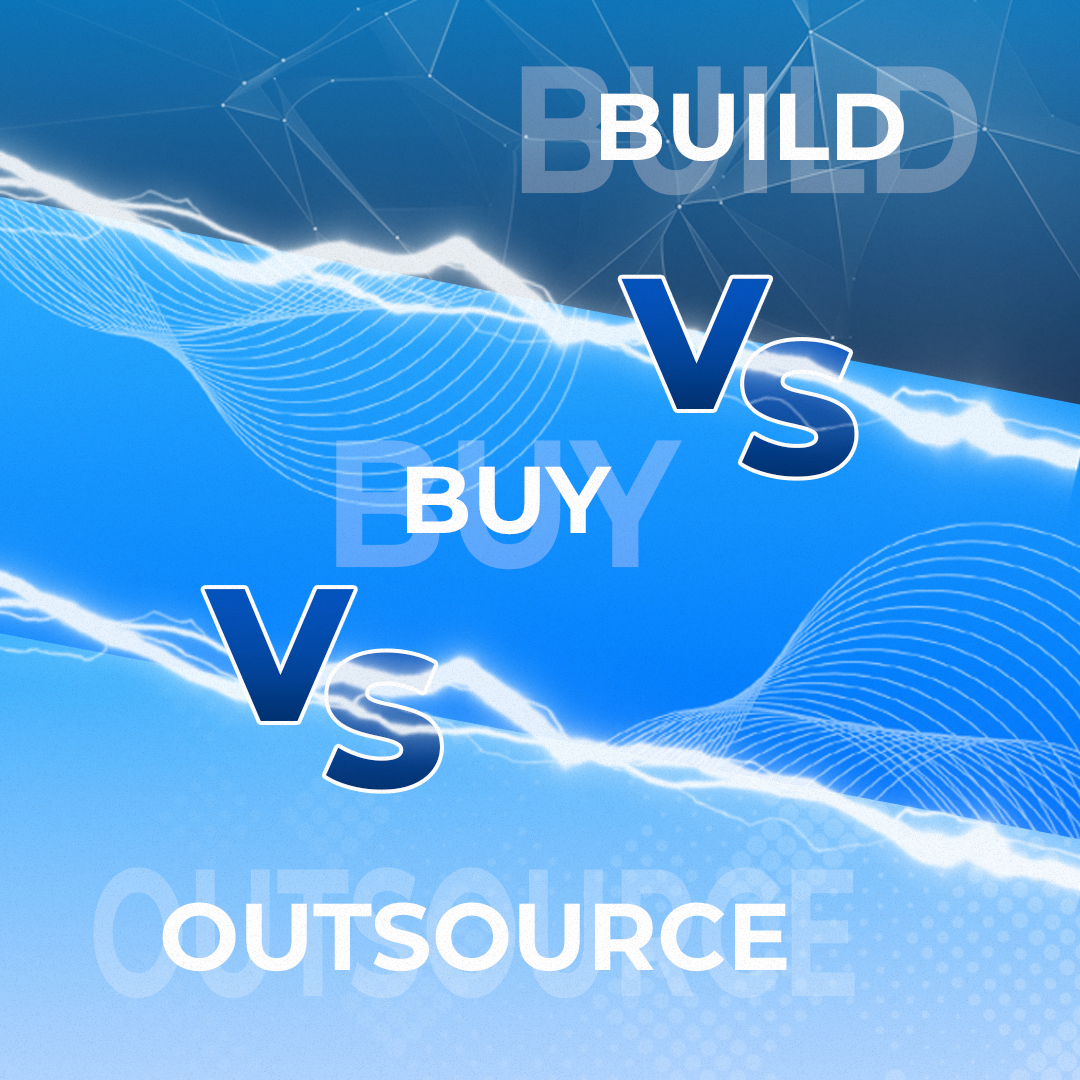Plenty of startups never make it past the early stretch. Around 8 out of 10 fold before they hit steady ground. And not because the idea was weak, but because the way it was run couldn’t keep up.
A new startup doesn’t walk into an empty room. It steps into a market already crowded with players who know the rules and move fast. Ambition alone isn’t enough in that kind of arena. To have a chance, a young company needs flexibility in how it works, tools that keep things moving, and a setup that doesn’t collapse the moment growth kicks in.
But too often, teams get buried in spreadsheets, swamped with meetings, and tangled in clunky processes that were never meant to scale. As a result, execution stalls, resources drain, and momentum fades before the business ever gets a real chance to take off.
Thus, digitalization becomes not a trend, but a prerequisite for survival and development in the context of fierce competition and a rapidly changing world.
So, let’s ask ourselves, without digitalization, how long can a startup really keep up?
We’re living in what people like to call Industry 4.0. A stage where technology, automation, and AI set the pace for everyone else. For a startup, that means the old way of doing things just doesn’t stretch far enough. You might get by for a few months running on energy and quick fixes, but sooner or later, the lack of proper systems shows. And when it does, customers drift toward competitors who are faster, cheaper, and easier to deal with.
So, the answer is – not for long. A recent survey found that 9 out of 10 business owners see the adoption of proper digital tools as the single most effective way for a startup to succeed. Two out of every three respondents agreed: without digital transformation, most businesses won’t stand a chance. To see why, let’s look at the facts of what startups face with and without digitalization.
Fact 1: Routine tasks drain startup potential
No digitalization equals low productivity. Routine tasks that were once invisible, with time, transform into a real burden. Founding members’ valuable time that could have been redirected towards more strategic tasks is spent on routine tasks that still rely on manual processes. As a result, startups waste resources that were already limited from the beginning, without reaching the maximum possible productivity of the workforce.
Startups that bring in automation tools early see an immediate shift. McKinsey notes that productivity can rise by 20-30%, largely because repetitive chores start disappearing. Think about CRM and ERP systems working together: sales doesn’t have to retype what finance already knows, and operations isn’t waiting on outdated spreadsheets. Data flows between teams automatically, which means fewer mistakes and faster decisions. In some cases, that kind of setup has cut operating costs by a quarter. More importantly, it frees the core team to spend their energy on building the product and reaching customers instead of drowning in admin.
Fact 2: Weak IT foundations put young companies at risk
Hackers don’t ignore startups. In fact, they often go after them first. Startups often become targets for cyberattacks due to their perceived lack of robust security measures. In comparison to medium-sized businesses, startups are equipped with limited resources for information protection, insufficient awareness of risks, and, most importantly, less secure IT infrastructure. The last factor makes them easy prey for attackers. Ignoring digitalization even further can lead to serious consequences, including financial losses, destruction of intellectual property, and disruption of business operations. The numbers are brutal, too. About 60% of startups that suffer a major attack close their doors within six months.
Proactive digitalization helps startups avoid becoming easy targets. The right IT infrastructure, planned and implemented early, builds security into the foundation instead of patching it later. Cloud security services, network monitoring tools, and automated backup systems allow startups to detect threats in real time and recover quickly if something goes wrong.
Some of the most effective solutions include:
- Multi-Factor Authentication (MFA) to prevent unauthorized access
- SIEM (Security Information and Event Management) tools for real-time threat analysis
- IAM (Identity and Access Management) systems to control data permissions
- Automated patching tools to eliminate known software vulnerabilities
- Cloud-based backup and disaster recovery platforms to ensure business continuity
These solutions are not just technical upgrades. They’re necessary layers of protection. And when implemented as part of a broader digitalization strategy, they allow startups to stay ahead of growing risks without overstretching internal resources.
Fact 3: Growth without digital infrastructure always breaks
Without digital infrastructure, eventually, growth will hurt. What worked for ten customers won’t work for a hundred. Spreadsheets multiply, tools don’t talk to each other, and decision-making slows down. Teams rely on manual tracking and improvised workflows that become harder to manage as demand increases. Thus, startups that skip digitalization often find themselves overwhelmed just as momentum starts to build. Most of them that fail to digitize early face major difficulties when trying to expand into new markets or handle larger volumes of customers.
By investing in digital solutions early, startups build a foundation that can actually support growth. Scalable cloud-based infrastructure, centralized data platforms, and tools like customer data platforms (CDPs) or inventory management systems allow businesses to expand without losing control.
For example, a cloud-native architecture ensures that increased traffic or user demand doesn’t crash your systems. A unified data layer helps teams maintain visibility as complexity grows. These are the kinds of shifts that make it possible to launch in new markets or serve larger customer bases — without reinventing the wheel each time.
How Mifort can support your digitalization journey
In a market where speed and adaptability decide who stays in the game, startups can’t afford to ignore strong IT foundations. Modern digital tools don’t just make things run smoother. They strengthen security and create room to grow without constant rebuilding. With the right tech in place from the start, startups give themselves a real chance to stay competitive and grow sustainably.
At Mifort, we offer tailored digital support at every critical point:
Custom software built around your reality
Mifort develops fully tailored CRM systems, ERP integrations, and internal tools designed to automate tasks, eliminate redundancies, and keep your team focused on what matters.
Cross-platform development from day one
Whether you need a responsive web dashboard, a mobile app for field operations, or a desktop platform for in-house processes, Mifort builds it.
Cybersecurity that’s baked in, not added later
With startups often being easy targets for cyberattacks, Mifort ensures your systems are protected from the start. Secure cloud infrastructure, encrypted APIs, access control — all built in by design, not as an afterthought.
Infrastructure that grows with you
Mifort builds scalable systems with flexible architecture, so when your startup grows, your tools don’t break. Everything is designed to adapt, whether you’re onboarding your 10th user or your 10,000th.
Ten years of experience solving real startup challenges
Mifort isn’t new to early-stage chaos. With years of experience helping startups build, stabilize, and scale, they understand how to move fast without sacrificing quality.
Contact Mifort today to learn how we can help your startup succeed with professional IT solutions.




